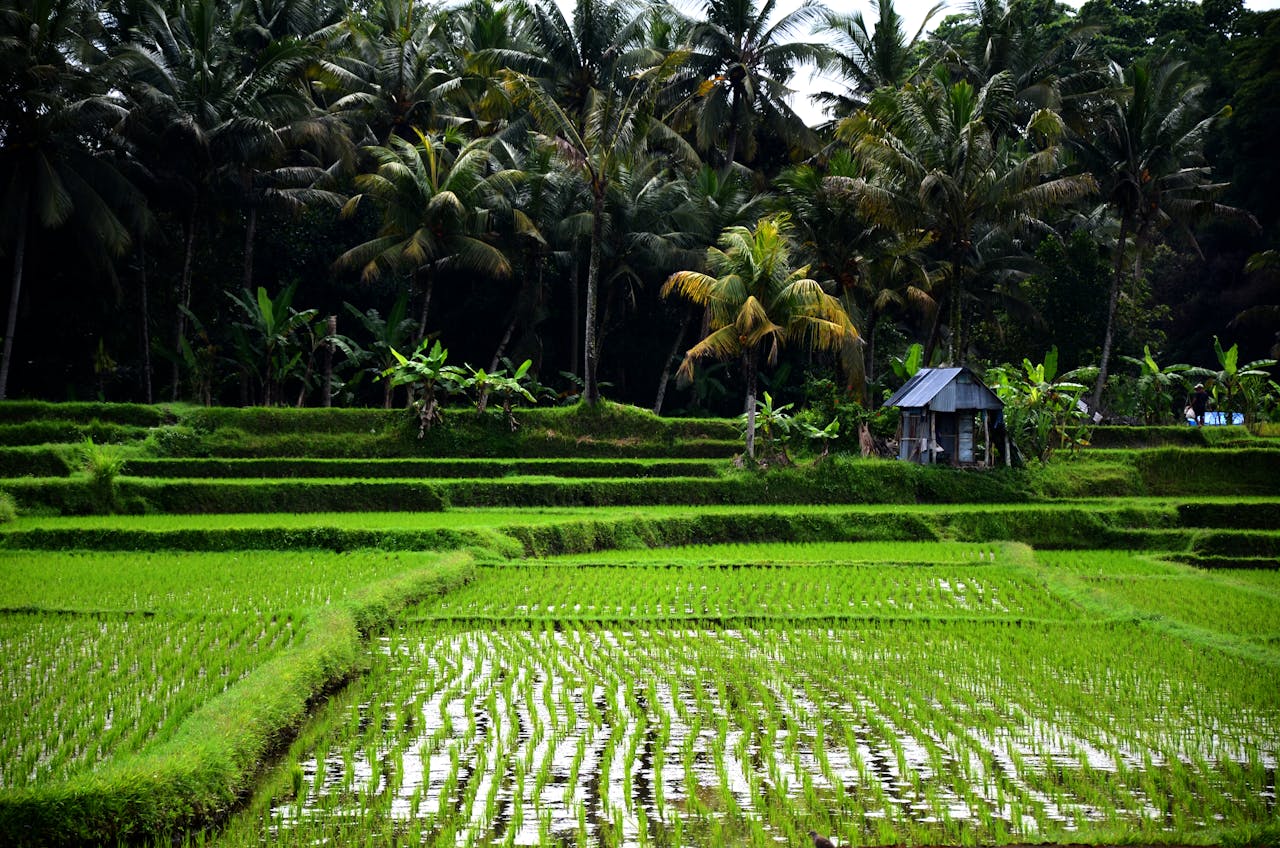Course Description
The Certified Remote Sensing and GIS in Climate Change, Food Security, and Sustainable Agriculture Course is a globally accredited, career-advancing training program designed to equip professionals with cutting-edge skills in geospatial technologies. Leveraging advanced Remote Sensing (RS) and Geographic Information Systems (GIS), this course empowers participants to tackle real-world challenges related to climate resilience, agricultural productivity, food security, and natural resource management.
In an era marked by climate uncertainty, population pressures, environmental degradation, and volatile food systems, this program delivers practical, data-driven solutions aligned with global priorities such as the UN Sustainable Development Goals (SDGs), FAO Climate-Smart Agriculture, and National Adaptation Plans (NAPs). Participants gain hands-on experience using leading GIS platforms and satellite data for evidence-based policy design, sustainable land use planning, and agro-environmental decision-making.
Whether you’re a government planner, agronomist, climate change advisor, GIS analyst, or development practitioner, this certification is your gateway to global relevance and impact in today’s rapidly evolving geospatial landscape.
Course Objectives
• Master the Core Concepts of Remote Sensing & GIS
• Gain deep technical knowledge of spatial data types, satellite imagery processing, cartographic principles, and GIS software (e.g., QGIS, ArcGIS).
• Map Agricultural Land and Monitor Crop Health with Precision
• Apply NDVI, EVI, and other vegetation indices to detect drought, predict yields, and map cropland dynamics using satellite datasets.
• Analyze Climate Change Impacts and Promote Resilience
• Use geospatial tools to assess climate risks, monitor land degradation, model carbon sequestration, and design adaptation strategies.
• Enhance Food Security with Data-Driven Insights
• Monitor food production trends, detect early warning signs, and support agricultural policy and investment decisions with real-time spatial intelligence.
• Integrate Remote Sensing into Sustainable Agriculture Practices
• Design solutions for soil mapping, irrigation management, pest surveillance, and smart farming using high-resolution spatial data.
• Build Custom GIS Models and Perform Advanced Spatial Analysis
• Develop GIS workflows and automate processes for scenario modeling, vulnerability mapping, and disaster response planning.
• Leverage Open Data, Mobile GIS, and Cloud-Based Platforms
• Utilize free Earth observation data (e.g., Landsat, Sentinel), open-source tools, and cloud technologies like Google Earth Engine for scalable analysis.
Course Modules
• Module 1: Introduction to GIS and Remote Sensing
• Overview of geospatial concepts, data structures, satellite systems, and image interpretation techniques.
• Module 2: Spatial Data Collection and Mapping Techniques
• Field data collection using GPS, mobile apps, and integration with satellite imagery.
• Module 3: GIS for Agriculture and Food Security Analysis
• Applications of GIS in crop monitoring, food system analysis, precision agriculture, and agricultural zoning.
• Module 4: Climate Change Monitoring and Impact Assessment
• Climate modeling, vulnerability mapping, land degradation assessment, and climate-smart planning.
• Module 5: Remote Sensing for Natural Resources and Land Use Planning
• Land cover classification, deforestation mapping, watershed analysis, and ecosystem health assessment.
• Module 6: Spatial Analysis and Decision Support Systems (DSS)
• Advanced analysis using spatial statistics, multi-criteria evaluation, and risk mapping.
• Module 7: Project Design, M&E, and Policy Applications
• Designing spatially-informed projects, monitoring frameworks, and integrating geospatial evidence into policymaking.
Key Beneficiaries/Users
This high-impact course is ideal for professionals working in:
• Climate Change and Environmental Management
• Agriculture and Food Security Programs
• National and County Governments (Ministries of Agriculture, Environment, Planning)
• UN Agencies, NGOs, and Development Partners
• Disaster Risk Reduction and Resilience Planning
• Academic Institutions and Research Think Tanks
• GIS and Remote Sensing Consulting Firms
• Livelihoods, Natural Resource Management, and Sustainability Initiatives
General Information
• Globally Recognized Certification
• Earn a prestigious credential valued by international agencies, donors, and employers.
• Expert-Led Instruction by GIS & Agriculture Specialists
• Learn from experienced trainers with global field and policy expertise.
• Hands-On, Practical Training
• Access real satellite datasets, open-source software, and project-based simulations.
• Flexible Learning Formats
• Choose between in-person executive workshops or live online interactive sessions—suited for both full-time professionals and remote learners.
• Access to Premium GIS Toolkits
• Receive downloadable spatial datasets, ready-to-use templates, processing scripts, and technical manuals.
• Post-Training Mentorship & Global Alumni Network
• Benefit from continuous learning, collaboration opportunities, and professional growth through our certified alumni platform.
Training Formats
• Executive In-Person Workshops
• Participate in immersive, scenario-based sessions with real-life case studies, expert panels, and peer collaboration.
• Live Online Training (Virtual Classroom)
• Engage from anywhere in the world through instructor-led virtual sessions, live Q&A, and access to high-quality digital resources.
Contact Us
• Email: info@stepsureresearchinstitute.org
• Call/WhatsApp: +254 723 482 495 | +254 757 155 287
• Website: www.stepsureresearchinstitute.org

